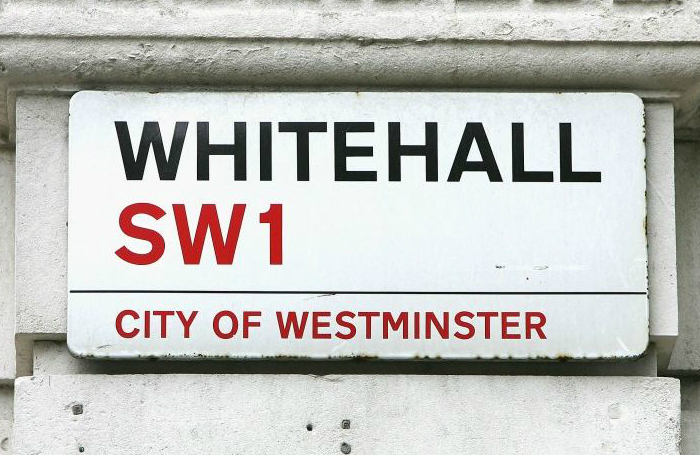The resignation of Amber Rudd MP as Home Secretary has meant a couple of significant changes at the top of Theresa May’s Government. Sajid Javid MP, the Secretary of State with responsibility for housing and communities for just short of two years, has moved to lead the Home Office. James Brokenshire MP, who was until January Secretary of State for Northern Ireland, has replaced Javid as Secretary of State for Housing. Read the RIBA President’s response to the moves.

Both the Home Office and the Ministry for Housing are in the midst of trying to address two of the most complex and politically sensitive issues for UK Government, namely, the role of immigration in post-Brexit Britain, and tackling the housing crisis. Both contain significant electoral pitfalls for any Government that fails to get them right, and both Secretaries of States will have a lot to get on top of from the outset.
As the new Housing Secretary, James Brokenshire MP is now leading a Ministry with a number of relatively new faces. Brokenshire will no doubt be working his way through changes outlined in the draft revised National Planning Policy Framework, as well as getting to grips with the Government’s response to the tragedy at Grenfell Tower and the Hackitt Review of Building Regulations. Driving up standards in housing quality and design is increasingly a priority for the Ministry, with the Government holding its first housing design conference last week, focused at driving up standards in design.
Brokenshire worked closely with the Prime Minister Theresa May MP while they were both at the Home Office in the Cameron Government. His promotion to the role of Secretary of State for Housing, after a period away from frontline politics due to ill health, demonstrates the trust that the Prime Minister places in Brokenshire on an area that she has identified as a domestic political priority.
Near the top of the new Home Secretary Sajid Javid’s in-tray as he acclimatises to his new role will be the new immigration system which will replace freedom of movement once the UK leaves the European Union.
The RIBA’s recent survey of architects on Brexit, the largest and most comprehensive survey of the profession since the EU referendum, underlines how important it will be to get this right – 86% of the architects we surveyed said that access to international skills and talent was vital to the future success of the sector.
In the Government’s white paper on immigration, having been delayed three times and now not expected until near the end of this year, the new Home Secretary should be looking to provide some much-needed confidence to international citizens that currently, or are planning to, live and work in the UK. The uncertainty is already beginning to bite – 60% of European architects we surveyed told us they had considered leaving the UK.
The Home Office’s position on a number of key issues will be informed by the findings of the Migration Advisory Committee’s research on EEA workers in the UK labour market. The RIBA hosted a roundtable between the MAC and architectural practices last year, findings which have already been reflected in publications by the Committee.
The Home Secretary should be keen to avoid an exodus of the skilled, diverse workforce which has made sectors like UK architecture a world-leader. We have called for key reforms which would enable the sector to survive and thrive in a post-free movement environment: reforming the Tier 2 visa system so it is less expensive, bureaucratic and burdensome, reducing the hard salary requirements that can price younger talent out of the country, and ensuring that the mutual recognition of architects’ professional qualifications with the EU is retained.









